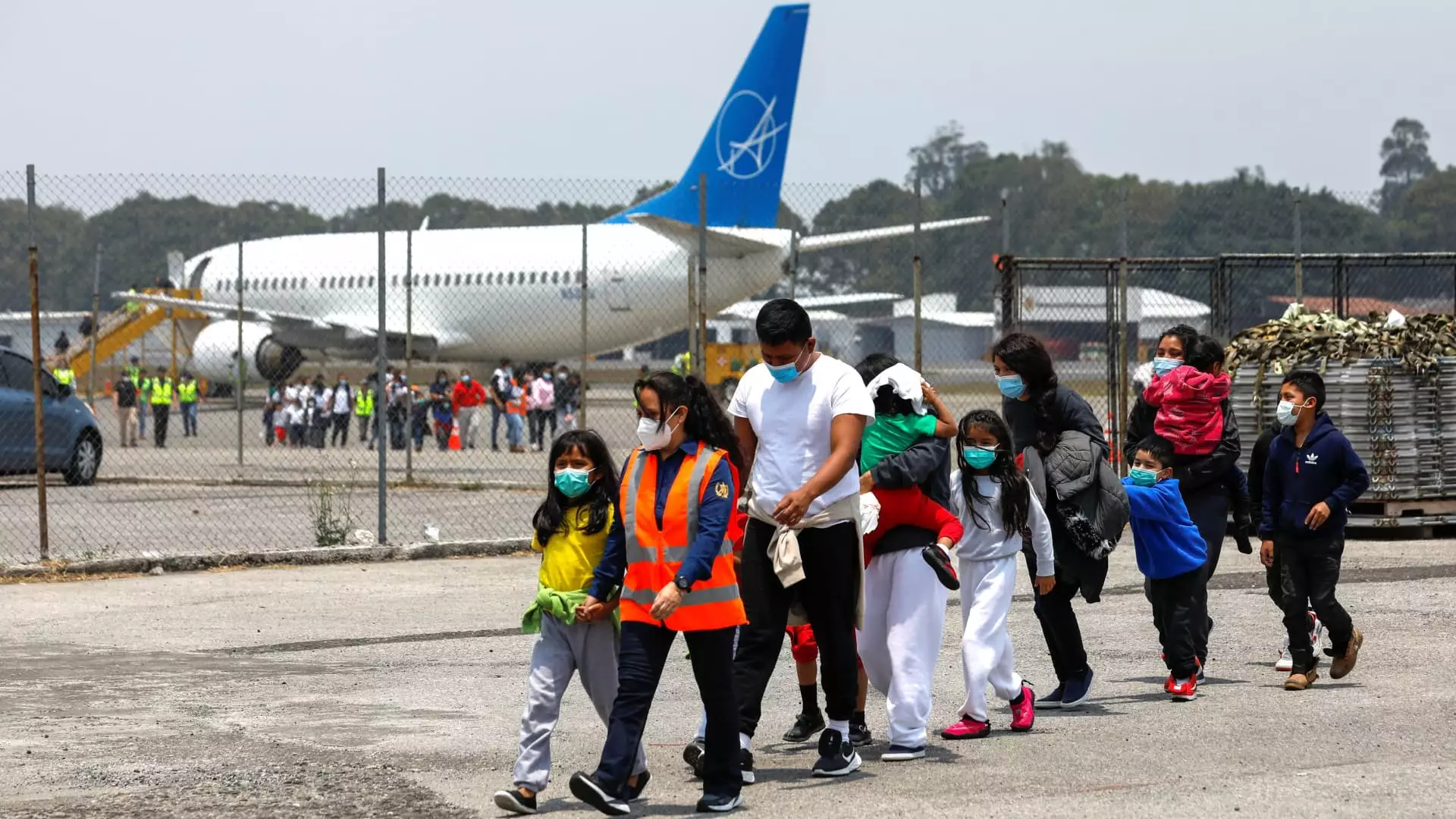In a disheartening act of systemic failure, a federal judge recently illuminated the harrowing plight of a gay Guatemalan man, O.C.G., who was unjustly deported to Mexico despite imminent threats to his safety. The United States, notorious for its convoluted immigration processes, saw a rare moment of judicial intervention when U.S. District Judge Brian Murphy ordered the Trump administration to correct its errors, signifying the astronomical stakes involved in immigration policies that too often prioritize expediency over humanity. Such blunders should be alarming, not just for the individuals ensnared within these bureaucratic webs, but for society at large, whose moral fabric is compromised when due process is ignored.
The Failures of Oversight and Accountability
Judge Murphy’s remarks highlight a shocking lack of oversight within the Department of Justice and Immigration and Customs Enforcement (ICE). The Justice Department’s acknowledgment that O.C.G. did not expressly indicate he feared persecution in Mexico was a revelation of disconcerting proportions. Legal representation, often a luxury for many migrants, becomes paramount in such cases, yet the government’s negligence in even asking O.C.G. about his safety concerns exemplifies a bureaucratic system that dismisses the humanity at its core. “While mistakes obviously happen,” Murphy stated, “the events leading up to this decision are troubling.” This weighty assertion conveys an urgency that remains unrecognized by certain political factions that tout hardline immigration policies.
The Profound Implications for the LGBTQ+ Community
O.C.G.’s narrative is far more than a mere statistic; it embodies the existential dread faced by countless LGBTQ+ individuals escaping persecution and violence. Having fled Guatemala in 2024 after enduring death threats due to his sexual orientation, O.C.G. sought asylum in a nation that promised refuge but instead returned him to a land rife with trauma and danger. Upon being deported to Mexico, he confronted the harrowing choice of enduring lengthy, oppressive detentions to seek asylum in a foreign land—a land that had already inflicted suffering upon him—or returning to the very nightmare he had fled. For many, this dilemma is not just a matter of legalities, but a visceral struggle for survival. This incident underscores an urgent need for reforms that recognize the specific rights of LGBTQ+ asylum seekers whose lives are often reduced to mere case numbers.
Defending Due Process in a Broken System
The broader implications of Murphy’s ruling reach into the very foundations of due process in the U.S. immigration system. “Due process is, in some sense, a binary—one either receives what the Constitution requires, or one does not,” Murphy explained. This stark statement offers a glimpse into the existential tug-of-war between constitutional rights and the increasingly enforced stringent policies of the immigration apparatus. It blatantly reveals how administrative errors can result in life-threatening consequences, particularly for marginalized populations. The ramifications extend beyond individual cases, reflecting a legal framework that is arguably structured to prioritize efficiency over empathy.
Clearly, there exists a chasm between the intent of the law and its practical application within immigration contexts. The troubling decisions made by ICE have led to irreversible harm for many, indicating an urgent need for accountability for both the federal government and the agencies responsible for enforcing these policies.
The Power of Legal Advocacy in Crisis
In stark contrast to the malpractices exemplified by government agencies, the unwavering dedication of legal advocates shines through in this dark narrative. O.C.G.’s legal team at the National Immigration Litigation Alliance expressed relief at the judge’s ruling, highlighting the indispensable role of advocacy in counterbalancing an often capricious system. Such legal support is vital in illuminating wrongful actions and championing the rights of individuals ensnared in a complex, often cruel immigration process.
It’s critical to recognize the inequalities that exist within our judicial system—where individuals like O.C.G. must fight tenaciously for the recognition of their basic human rights. As society grapples with the complexities of immigration and asylum, the demand for vigilance and reform cannot be overstated. The structural failures rendered more visible by this case serve as a rallying cry for all those who believe in a just and humane immigration framework—one where the rights of every individual, regardless of their background, are championed and defended without hesitation.

